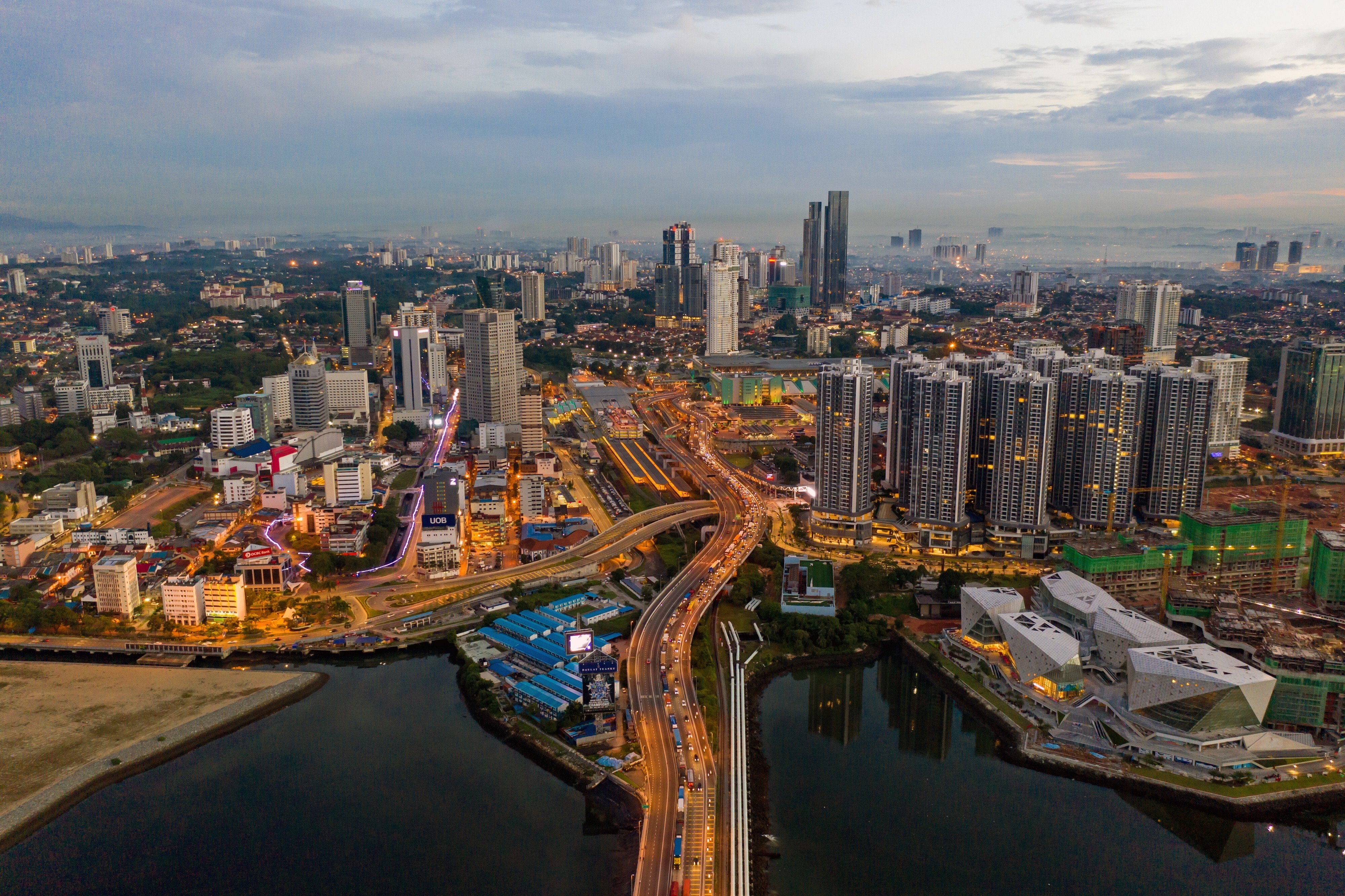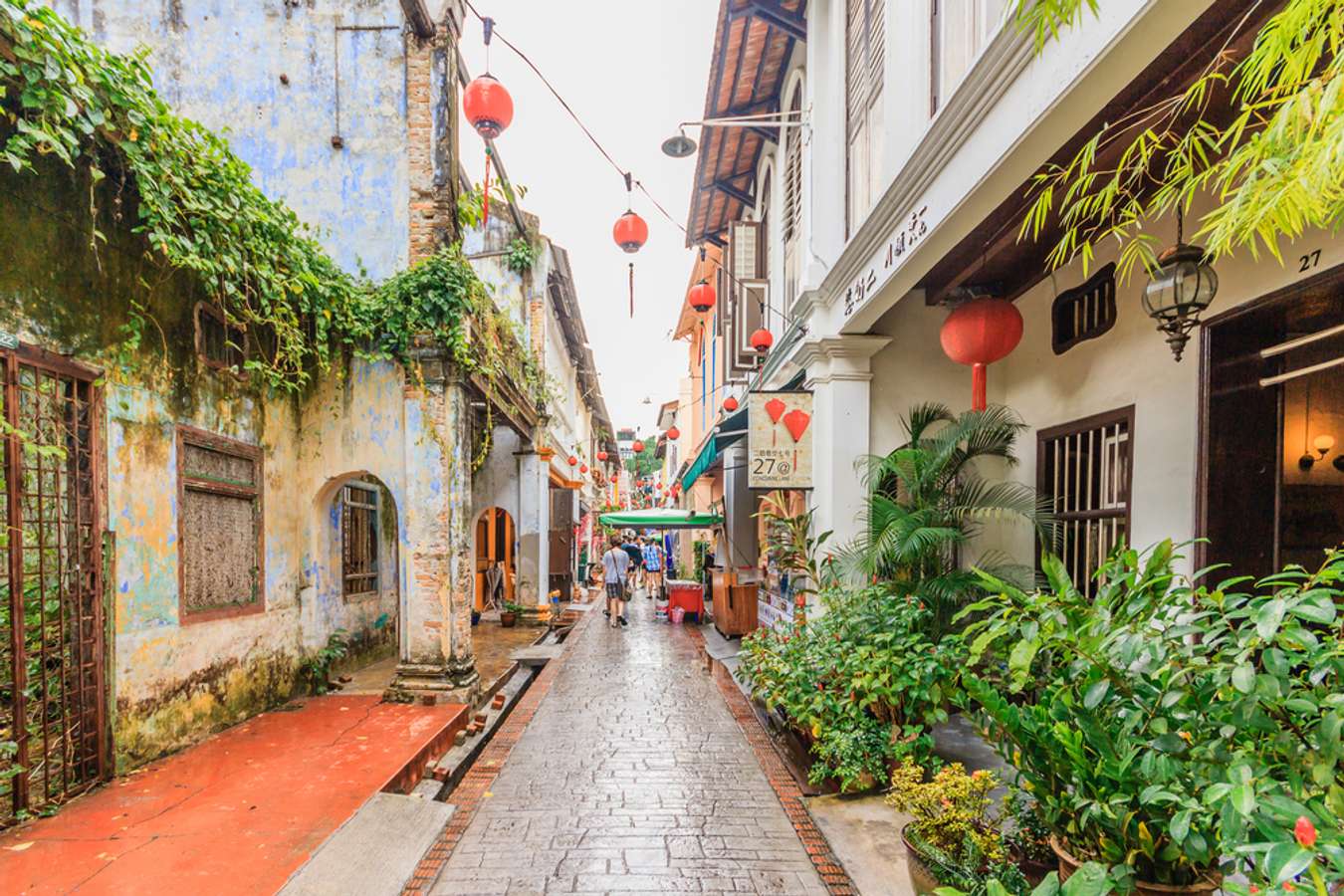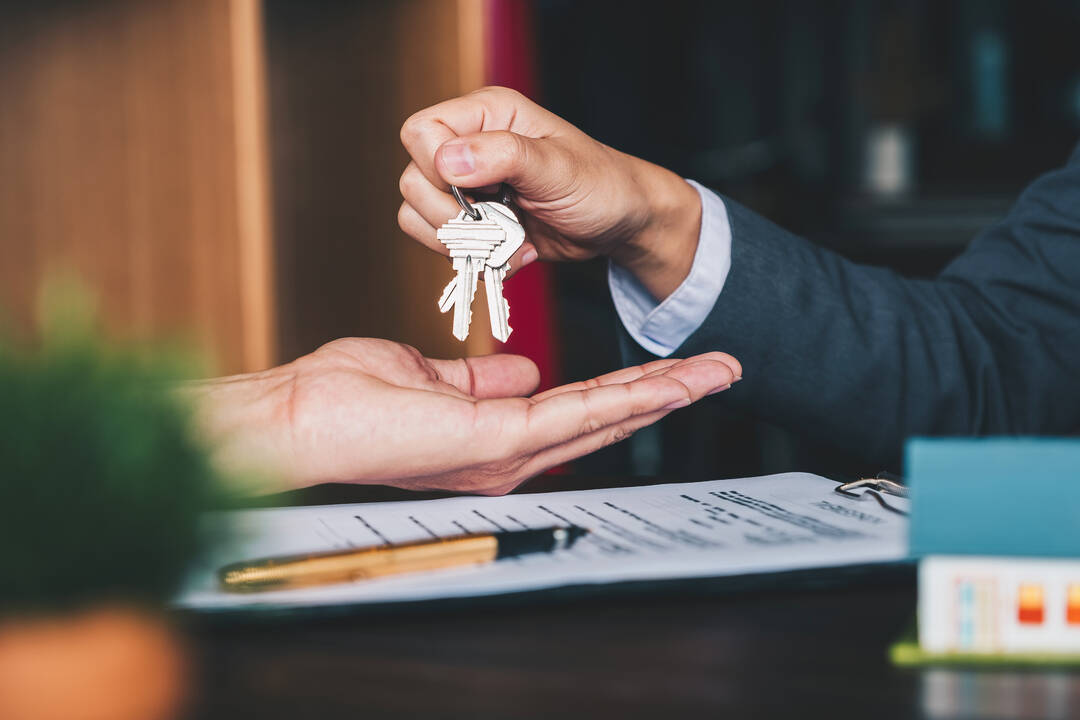Renting a Property in Malaysia: A Comprehensive Guide
Renting a Property in Malaysia: A Comprehensive Guide
Renting a property in Malaysia can be a straightforward process if you’re well-informed and prepared. Whether you’re a local or an expatriate, understanding the rental market and knowing the key steps involved will help you find a suitable home and avoid common pitfalls. Here’s a comprehensive guide to navigating the rental process in Malaysia.
1. Understanding the Rental Market
1.1. Market Overview:
Malaysia's property rental market is diverse, with options ranging from high-rise apartments in bustling cities like Kuala Lumpur to more spacious homes in suburban areas. Prices vary significantly based on location, property type, and amenities.
1.2. Popular Areas:

Kuala Lumpur
The capital city offers a range of options from modern condos in the city center to more affordable units in the outskirts.
Penang
Known for its rich cultural heritage and vibrant food scene, Penang’s rental market is popular among both locals and expats.

Johor Bahru
Close to Singapore, this city is growing in popularity for those working across the border.

Ipoh
Offers a more relaxed pace of life with affordable rental options.
2. Finding the Right Property
2.1. Online Platforms:
Utilize property rental websites like PropertyGuru, iProperty, and EdgeProp to browse available listings. These platforms offer filters to help you find properties that match your criteria.
2.2. Real Estate Agents:
Engaging a local real estate agent can simplify the search process. Agents have access to a wide range of properties and can negotiate on your behalf.
2.3. Social Media and Forums:
Check local Facebook groups and online forums for rental listings and advice from other tenants.
3. Viewing and Selecting a Property
3.1. Scheduling Viewings:
Arrange viewings to inspect properties in person. This allows you to assess the condition of the property and its surroundings.
3.2. Key Considerations:
Condition
Check for any maintenance issues or damages.
Amenities
Ensure the property has the necessary amenities like air conditioning, washing machines, and security features.
Neighborhood
Evaluate the safety, accessibility, and convenience of the neighborhood.
4. Understanding the Rental Agreement
4.1. Lease Agreement:
A written lease agreement is crucial. It should outline the rental amount, lease term, and other important conditions.
4.2. Key Terms:
Rent
Confirm the monthly rent and any additional costs such as utilities or maintenance fees.
Deposit
Typically, you’ll need to pay a security deposit (often equivalent to two months’ rent) plus one month’s advance rent and a utility deposit (equivalent to one month's rent).

Maintenance
Clarify who is responsible for repairs and maintenance.

Termination Clause
Understand the conditions for early termination of the lease.
5. Legal and Financial Aspects
5.1. Stamp duty:
In Malaysia, tenancy agreements must be stamped. This process is usually handled by the landlord but verify that it is done to avoid legal issues.
5.2. Utilities:
Determine which utilities (e.g., electricity, water, internet) are included in the rent and which ones you need to set up separately.
5.3. Insurance:
Consider renter’s insurance to protect your belongings and cover potential liabilities.
6. Moving-in
6.1. Inventory Checklist:

6.2. Key Handover:

7. During Your Tenancy
7.1. Reporting Issues:
Report any maintenance issues promptly. Keep records of all communications with your landlord or property manager.
7.2. Rent Payments:
Pay your rent on time to maintain a good relationship with your landlord and avoid late fees.
8. Ending the Tenancy
8.1. Notice Period:
Provide written notice according to the lease agreement if you plan to move out. The standard notice period is usually one to two months.
8.2. Cleaning and Repairs:
Clean the property thoroughly and address any damage. Your security deposit is typically returned if the property is in good condition.
8.3. Final Inspection:
Schedule a final inspection with your landlord to agree on the return of your deposit.
9. Additional Tips
9.1. Local Regulations:
Familiarize yourself with local rental laws and tenant rights to ensure you understand your obligations and protections.
9.2. Cultural Considerations:
Understanding local customs and practices can enhance your rental experience, especially if you’re new to Malaysia.
By following these guidelines, you can navigate the rental process in Malaysia with greater confidence and ease, ensuring a positive and stress-free experience.
© 2024 All Rights Reserved.


